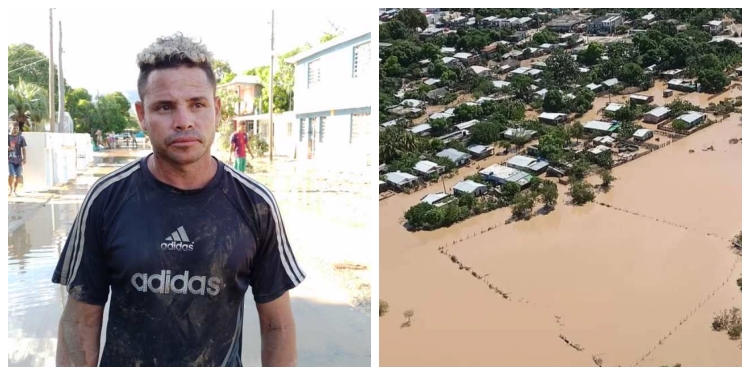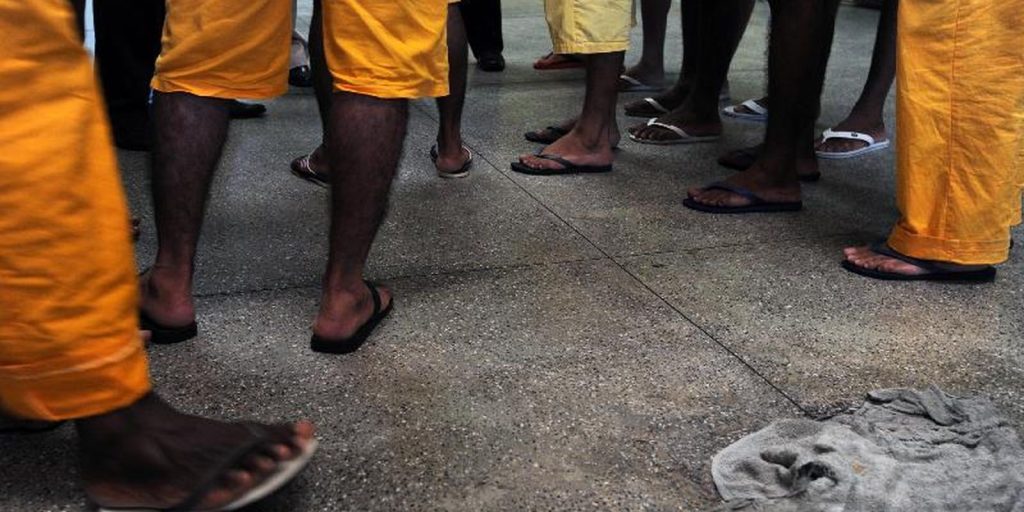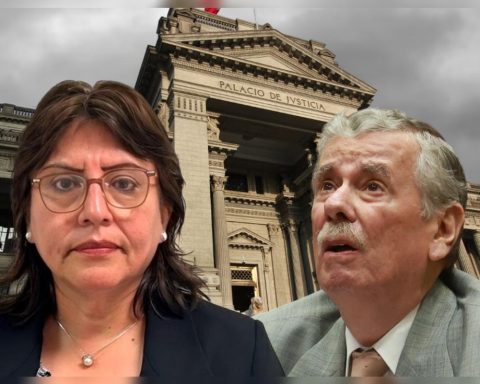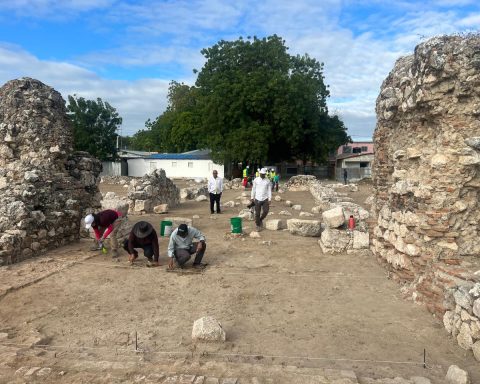He Single Family Subsidy (SUF) is an economic benefit that the Social Security Institute (IPS) in Chile provides to the most vulnerable sectors of the country, specifically to help fathers or mothers with children under 18 years of age who cannot fully cover their needs. With a monthly contribution of $21,000, this subsidy is granted for three years, and its objective is to alleviate the economic burden of families in more vulnerable situations.
However, there are certain conditions that must be met to receive and maintain the Single Family Subsidy. One of the requirements The main objectives are that the beneficiary belongs to the most vulnerable 60% of the population. In addition, you must prove the family responsibilities of children or other dependents to the IPS. Although this subsidy represents important support, failing to comply with any of these conditions can lead to its loss, so it is essential to know the reasons that could cause its suspension.
One of the reasons why the Single Family Subsidy can be lost is failure to comply with the requirements of economic vulnerability. If the beneficiary is no longer among the most vulnerable 60% of the population, he or she automatically loses the right to receive the subsidy. This condition is periodically reviewed by the IPS, since the economic situation of a person or family can change over time, and it is important that this benefit is directed to those who need it most.
Another cause of the loss of subsidy is the lack of delivery of the necessary documentation in the municipality. To access and maintain the subsidy, it is essential that the beneficiary provides all the information required by the authorities. This documentation allows you to verify that the requirements to receive the benefit are met, and omitting it or submitting it incompletely may result in the cancellation of the subsidy.

It is also possible to lose the Single Family Subsidy due to the death of the beneficiary or the deceased, that is, the child or other dependent who motivated the request. In these cases, the subsidy is automatically interrupted, since this benefit is intended to support families with active and dependent family responsibilities, so its continuity is not justified if said responsibilities no longer exist.
Finally, the subsidy It has a maximum duration of three years. Once this limit is reached, the benefit ceases, and it is necessary to make a new application in case the beneficiary meets the conditions to receive support again. Therefore, those who receive the subsidy must be informed about this time limit and prepare to renew it, if applicable, before the period ends.
















